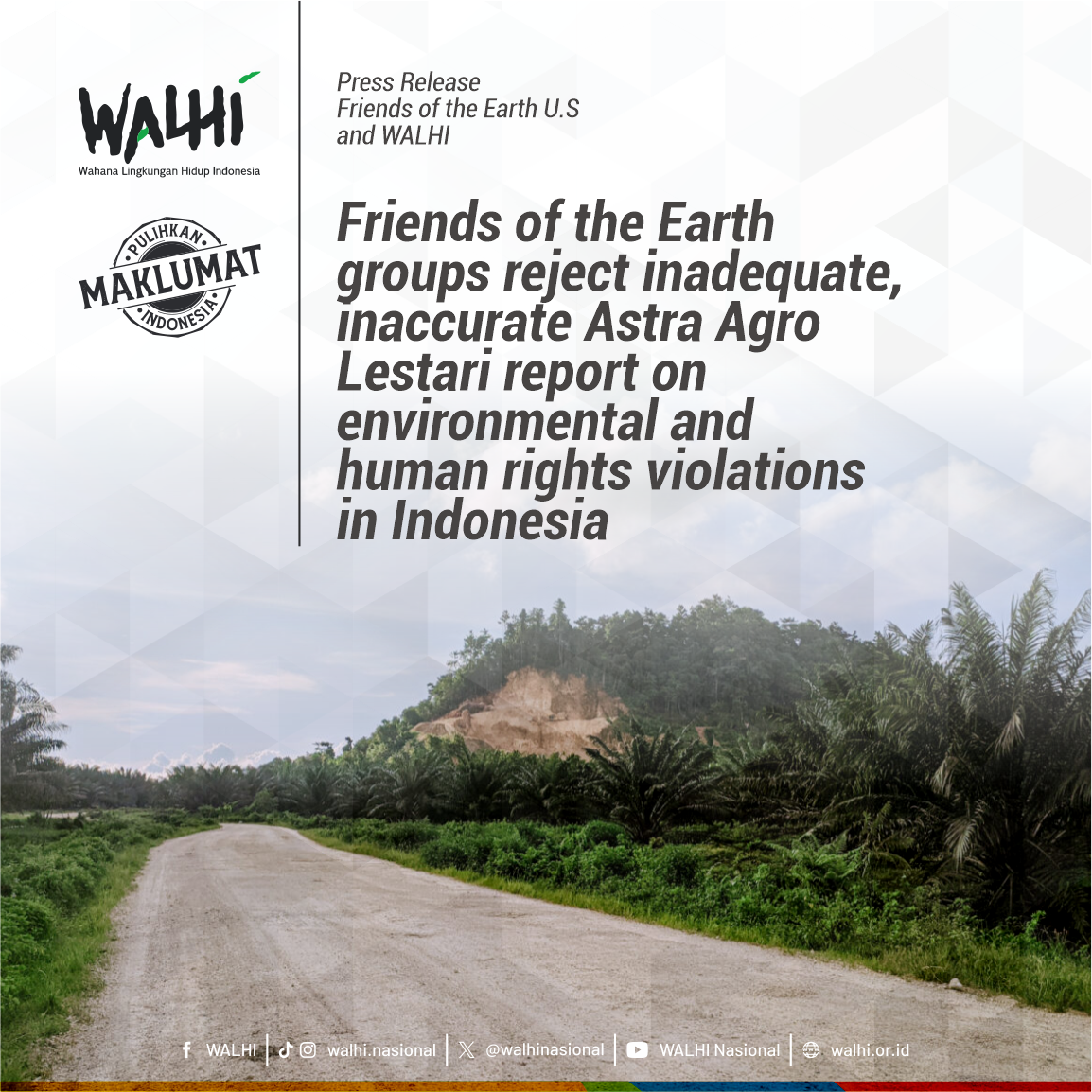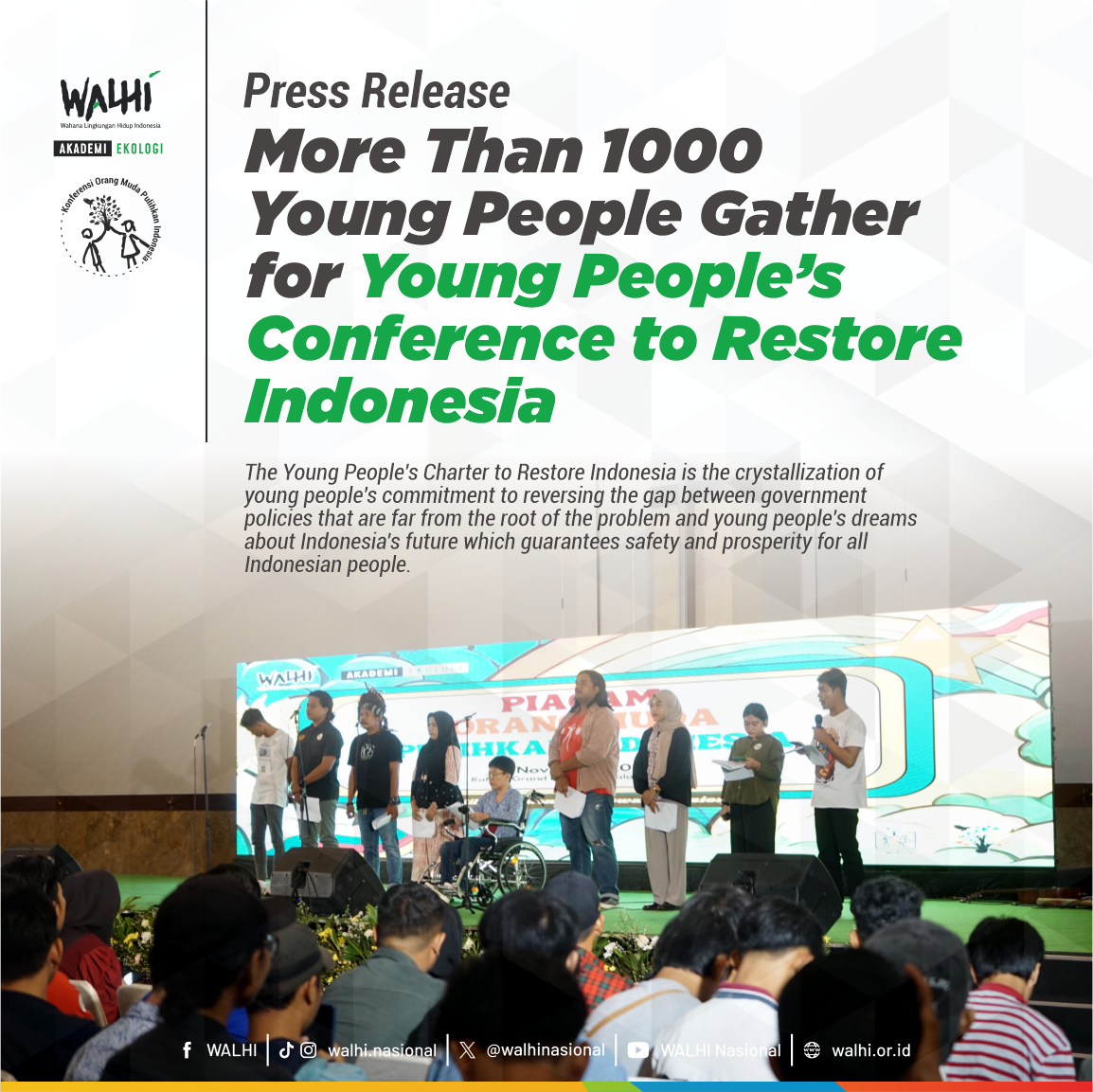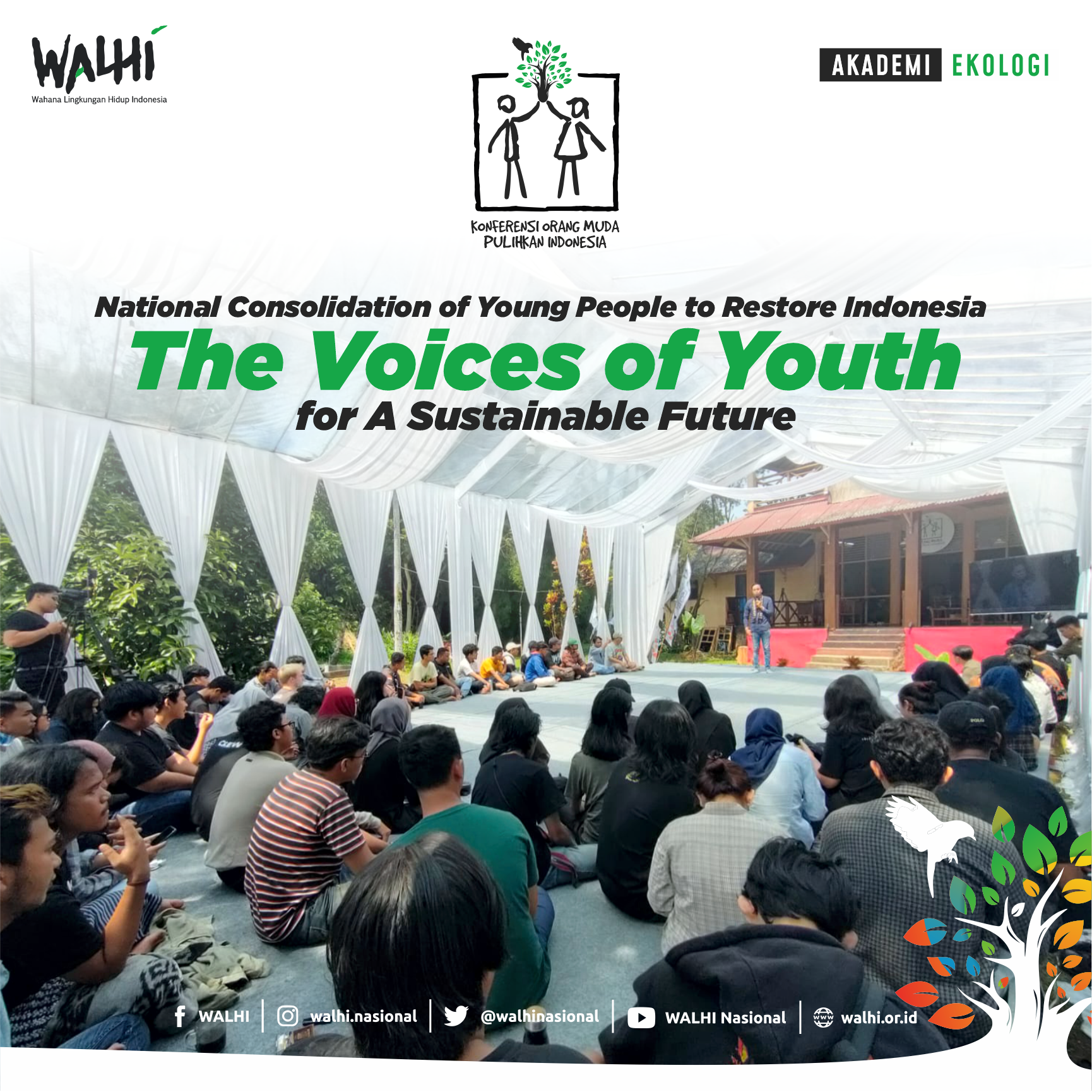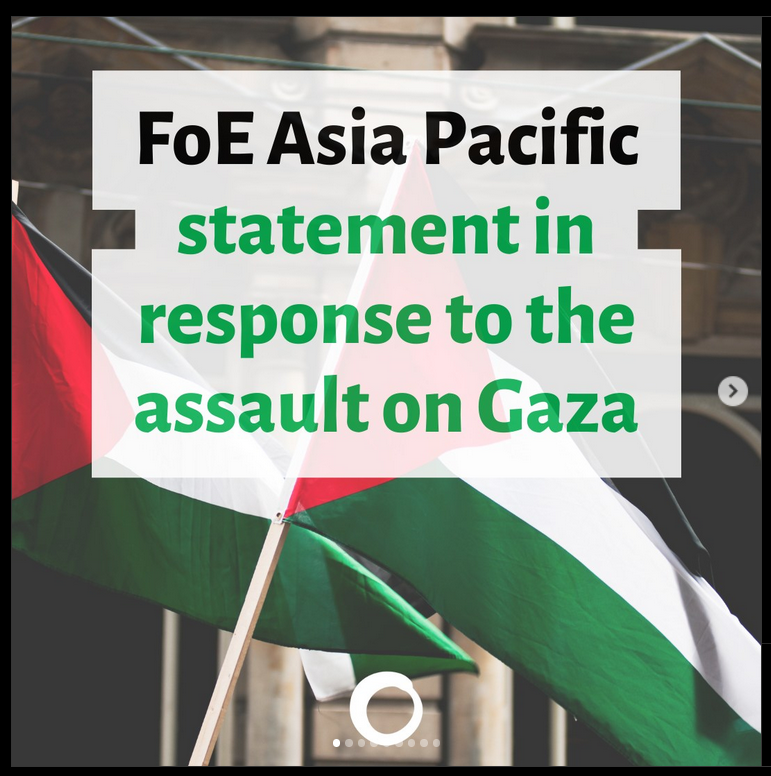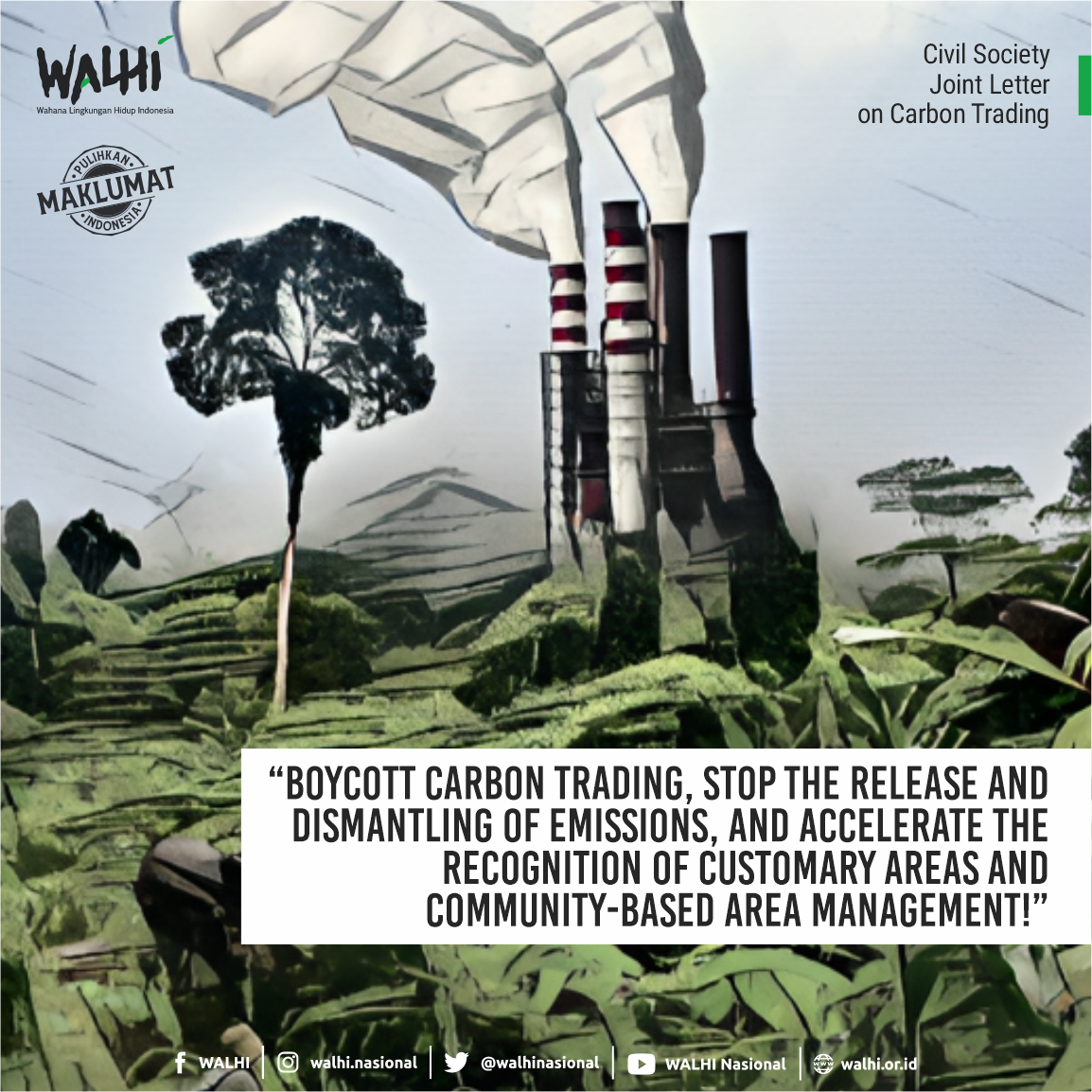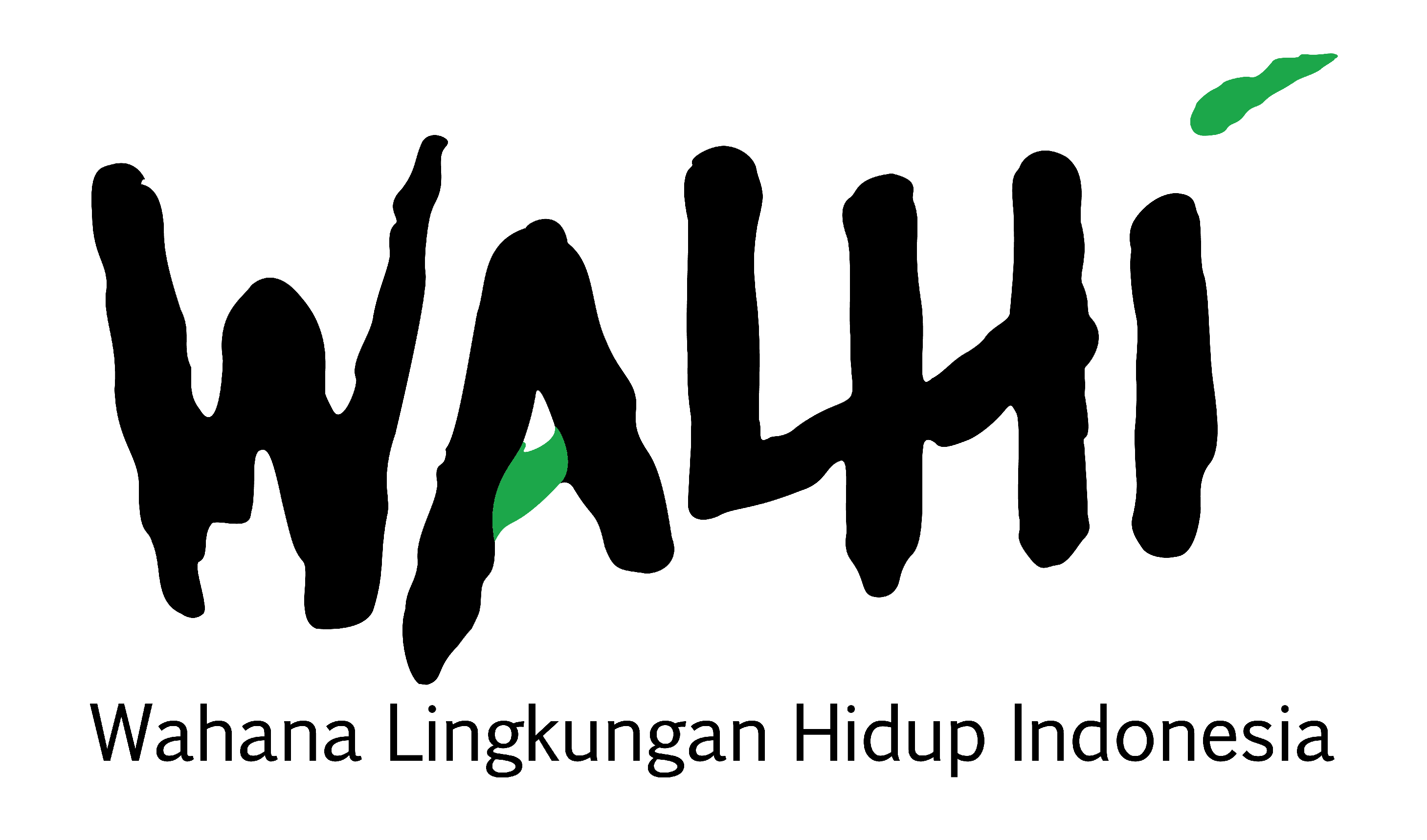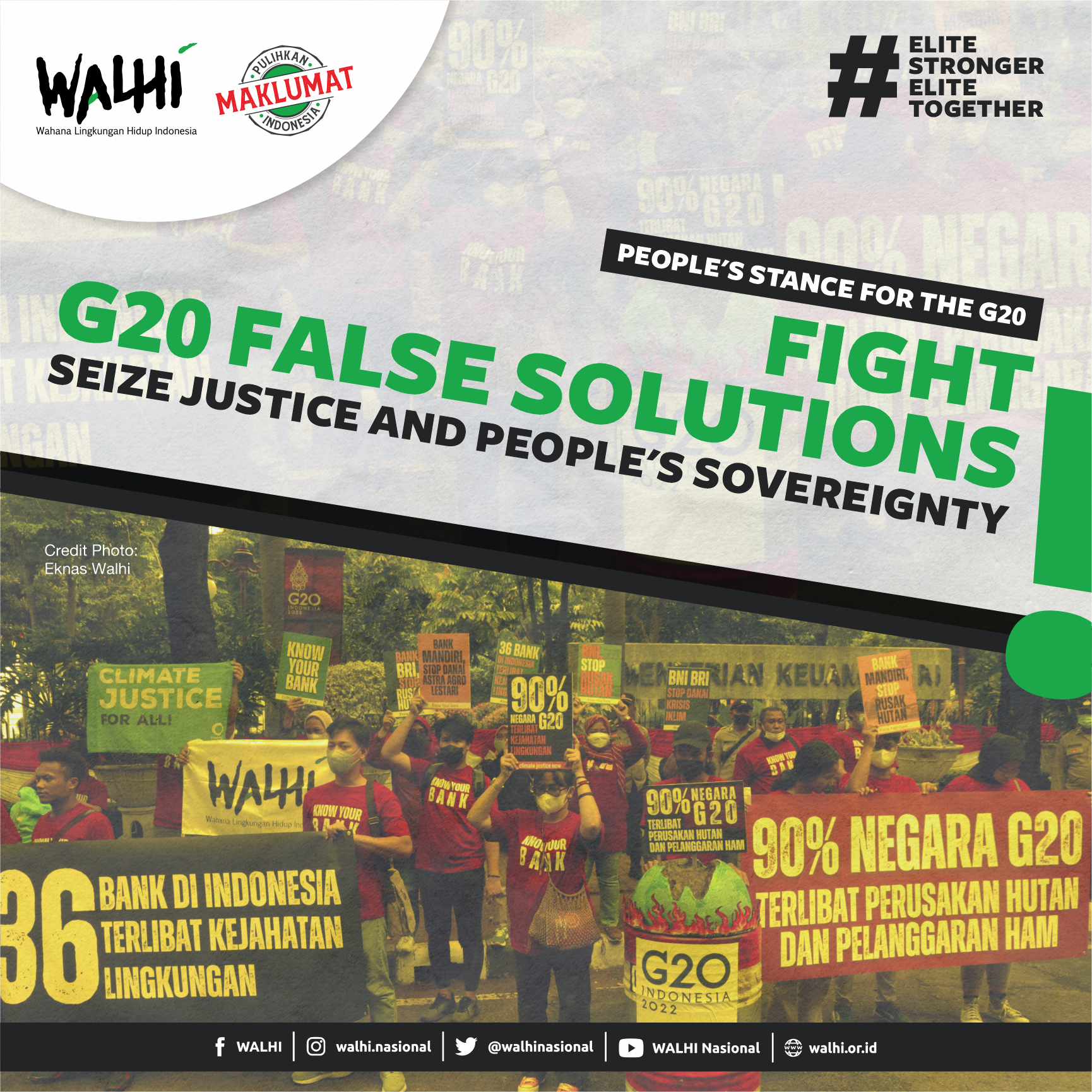
People's Stance for the G20
Fight G20 False Solutions, Seize Justice and People's Sovereignty
"Recover Together, Recover Stronger." Since last year this slogan has been affixed to airports, stations and billboards on the streets. A brief on the organizer's website explains what exactly means by "recovering together and recovering stronger". "As the global pandemic continues to grip all sectors of life, the future of our shared prosperity depends on our collective ability to create a foundation of growth that involves all parties and is sustainable." So, at the center of the issue is the shared prosperity of the forum's 20 member countries and their economic growth; Both were severely disrupted by the pandemic.
Undoubtedly, with control over 75% of world trade, home to two-thirds of the earth's population and control over half the earth's land area, today the G20 ’ is a global political elite. The identity of the G20 that was displayed to countries outside it and became a source of pride was its wealth, contrary to the collective identity and shared vision of fellow former colonies in Asia and Africa in 1955 and 1961.
Back when the G20 was born in 1999 in the midst of the Asian Economic Crisis, the focus was on the formulation of protocols to address international financial instability, which was not even able to predict the collapse of the global financial transaction center on US Wall Street in 2008. Some of the knots of the preliminary rounds of meetings of finance ministers and central bank governors showed no fundamental change in approach to the chaos at the heart of economic enlargement: trade liberalization, full support for a larger role for corporations in emerging markets, the full role of the private sector in the development of "green" infrastructure.
What about addressing the underlying causes of the plague? Or the underlying cause of climate chaos? How long is the length of time that this global capital ruler can imagine as the "future"?
National Strategic Projects and Energy
The government has imposed National Strategic Projects (PSN) in various regions by depriving people of their lands. The construction of coal-fired power plants, reservoirs, toll roads, food estates, geothermal, to the National Capital City (IKN) project continues to be pursued. In addition to not answering the needs of the people, the entire project also closes the opportunity for the people to make decisions for their own living space. Energy projects claimed to be clean energy such as hydropower and geothermal are built on people's lands and destroy thousands of hectares of forest land.
Currently, the environmental impact from these projects is already felt by the community: dry water sources, polluted drinking water, polluted environment, dirty air, damaged farmland, dead fish, damaged forests, and narrowed fisherman's catch areas.
Silencing Democracy
All project documents such as Environmental Impact Analysis (AMDAL), Environmental Permits, Mining Operation Permits are decided unilaterally and behind closed doors without involving the community. Likewise, PSN legislation was made quickly, closed, and without popular participation.
The community's rejection of these projects was clearly conveyed through a series of actions on the ground, demonstrations, and audiences with the Governor, Regent, Regional Representative Council (DPRD), National Land Agency (BPN) to the central government. However, the government is actually an actor that protects companies and the operation of PSN and energy projects. Likewise, local governments do not reject PSNs that threaten the lives of their citizens, nor do they respond to community protests. The government actually silenced public protests in various ways, namely criminalization, intimidation by security forces, thugs and CSOs, dissolution of actions, closure of document access, to the extension of company licenses or Business Use Rights. In addition, community lawsuits often run aground in court due to unfair judges' rulings.
We need to be aware of the manipulation of the people that occurred from the previous Orders to the Jokowi Administration. This manipulation occurs using the terms "national" or "development", when in fact what happens is the impoverishment of the people to benefit the few.
When the manipulation of the people does not work and they demand their rights, devide et impera aka the politics of divide and rule will be used. From intimidation to participation that is given only for the people who agree. Public service discrimination often accompanies this politics of divide and rule.
The law in this case becomes a tool for depriving rights, for example through the PSN Presidential Regulation, the Mineral and Coal Law, and the Omnibus Law on Job Creation (OLCK). The law has also become a tool of control and even smooths out the politics of divide and rule. The Police Regulation on PAM Swakarsa place Neighborhood Security Unit (Satkamling) including those from local wisdom as providing information or information related to neighborhood security and order.
G20: A false solution
During his tenure, the main doctrine of the Jokowi administration's diplomacy relied on economic indicators that reduced the work of diplomats only as business and trade brokers whose success was measured by how much foreign investment entered Indonesia. By making financial achievements the main orientation of Indonesian diplomacy, President Jokowi puts a price tag on Indonesia: because it has a price, we can be bought. No exception at the G20 event held in Bali today.
Since the beginning, the G20 has been in principle a committee to save itself from economic crises through the practice of imperialism: when major countries determine the destiny of poor countries through political and economic instruments with global agreements for profit. Amid the polarization of the world, the Jokowi government represents Indonesia by acting as a "trader" at the diplomatic table to attract as much investment as possible. This is reflected vulgarly all the way to the local politics of the Bali government who took advantage of the momentum of the G20 to accelerate the construction of the megaproject with the justification that this project is aligned with the G20 agenda. The hope is that this megaproject can attract investors from major countries to do business in Indonesia.
In this context, there is a complicated link between local politics (Bali government), National (Indonesian government), and global politics which are all oriented towards making this G20 forum for their respective business and political interests. In every public campaign, the government claims that with the G20, economic recovery will occur, especially for Bali tourism which is in crisis after the pandemic. This claim actually hides various problems of megaproject development by the Bali Provincial Government on the grounds of supporting the G20.
At least throughout this year, there are large problematic megaprojects carried out by the Bali Provincial Government together with the central government, including: The construction of a Medical Tourism Special Economic Zone in Sanur; LNG terminals in mangrove forest areas; and the Bali Arts Center (PKB) in Klungkung.
The government mentioned that all these projects are in line with the G20 priority agenda, especially in the energy and health sectors, and specifically the development of Bali tourism as part of the National Strategic Project. With the G20, various pre-designed projects have accelerated the process so that they can become a "display" for the eyes of large investors who will attend the G20 event in Bali.
Testing Government Claims: G20 for the Economic Benefit of the Balinese People?
Since the Bali government megaproject was implemented, there have been various kinds of problems that have sparked the protests of the Balinese themselves.
First, the construction of an LNG terminal in a mangrove forest area which will also be a showcase for the eyes of world officials. This LNG terminal project was rejected by the Intaran indigenous Village due to the threat of damage to the environment and Bali's marine ecosystem that will result from this project. However, amid this rejection, the Bali government continues to insist on this development because Bali will be used as a pilot area that uses clean energy, in the hope that this will incentivize large investors to fund the government's national strategic projects in the renewable energy sector.
Second, the construction of the Bali Arts Center (PKB) in Klungkung, which has drawn criticism for many problems in the construction process, ranging from the rampant illegal dredging on the Klungkung hill to supply materials for this project to its construction in disaster-prone areas. However, with all these problems this development remains forced, especially in the run-up to the G20 as an effort to socialize this project to the world to invest in this project. In fact, the Bali Provincial Government claims that this PKB project is in accordance with the G20 priorities.
Third, the construction of the Medical Tourism Special Economic Zone in Sanur. The construction of this project is in line with the Indonesian government's efforts to attract investment in the health architecture sector which is also on the G20 priority agenda. Not only that, even during the preparation for the G20 event in Nusa Dua, there was no significant improvement in the welfare of tourism workers: workers continued to receive a basic salary in accordance with the minimum wage standard, except for the increase in service costs that are common in the high season of tourism. All of these things refute all the claims that governments have always propagandized when it comes to the G20: instead of improving the livelihoods of the Balinese people, there are major problems that will be faced by the Balinese once this investment project is underway.
Indonesians should look critically and be aware of the following two factors:
- That with the number and projection of Indonesia's population continuing to be echoed to reach its demographic bonus by 2045, the Indonesian people in the global economy will be vulnerable to being positioned as two things only: consumers of products that are actually far from the word sustainability and cheap labor and poor protection;
- That Indonesia's various natural resources: earth, water, and the various natural resources contained in it will be exploited in such a way: inviting all sort of natural and humanitarian disasters, repeating the vicious circle of curses of natural resources, and taking the people further and further away from the promise of welfare, let alone sovereignty. The G20 and the agreements therein are not aimed at the welfare of the people; The G20 and the agreements within it are aimed at the recovery, sustainability and expansion of the interests of economic elites both abroad and at home. Elite Stronger, Elite Together.
Therefore, calling on the Indonesian people:
- To work hand in hand to protect their sources of livelihood from the process of exploitation by extractive industry actors;
- Ensuring that the energy transition, in a broad sense, also becomes a process of democratization of energy, and therefore of economic and political democratization. The energy transition must be organized with the principles and values of a just and sustainable transition: accountable, transparent and participatory; respect, fulfill and protect human rights; ecologically fair; economically fair; and transformative;
- Build a common power to build a production-distribution-consumption system in accordance with the culture and culture that has been inherent in the joints of life.
The G20 forum is believed to only provide a red carpet for rogue corporations to meet their economic coffers. The state should also not give the red carpet to the extractactivist elites who have so far proved to be the root cause of the collapse of the people's economic foundation. The State should provide the means and support for the production-distribution-consumption system, not become the lackeys of corporations that work recklessly.
Denpasar, 12 November 2022

